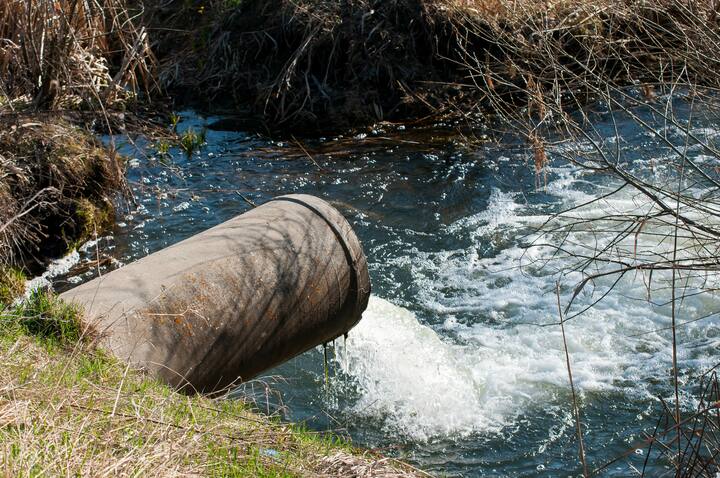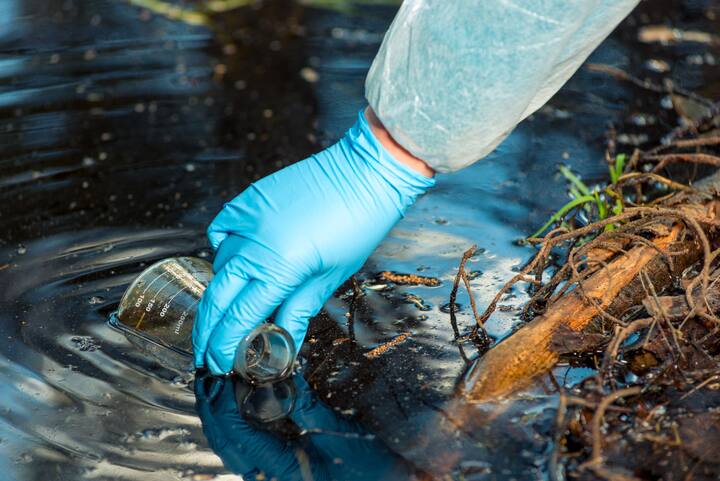
19-Jun-24
New wastewater legislation
Environment Act: what are the implications for wastewater discharge?
On 1 January 2024, the long-awaited Environment Act came into force, with a number of significant changes to the regulations surrounding wastewater discharges. Previously, all regulations on discharges were centrally determined by the state, but with the Environment Act we are seeing a shift towards decentralisation. What does this law entail and how will it affect companies that discharge wastewater?
Main changes to the Environment Act
With the advent of the Environment Act, the Water Act will expire, resulting in the disappearance of a general permit requirement. The general ban on discharge is no longer in force. However, regulations are laid down for the discharge route for activities where the waste water is expected to be environmentally hygienically relevant. A notable change in the Environment Act is the transition from company-based regulation to regulation based on environmentally burdensome activities. Previously, all rules applied to a company as a whole, but now they apply specifically to certain activities within a company. Moreover, all discharge rules were determined by the state until 1 January 2024. With the implementation of the Environment Act, many rules are now decentralised. The central government only retains control over discharges belonging to the most environmentally burdensome activities, such as waste water from the chemical industry, regulated through the Living Environment Activities Decree (Bal). For other discharges, municipalities and water boards have the freedom to draw up their own rules, within the framework of the Quality of the Living Environment Decree (Bkl).
Impact on wastewater discharge
‘The impact of the Environment Act on wastewater discharge is largely determined by where the water is discharged. Rijkswaterstaat is the competent authority for discharges to national waters, such as the major rivers. Water boards have responsibility for direct discharges to regional surface waters, while municipalities supervise discharges to public sewers and on and in the soil. The competent authority is also charged with enforcement duties for permit requirements or general rules.
Some concrete changes are:
The Ball now sets conditions for work instructions. Entrepreneurs must indicate what measures they take to prevent substances from entering surface water.
When waste water contains more than 20 milligrams of oil per litre, the Bal now requires the applicant to provide information to the municipal executive within four weeks before the activity.
Unlike the previous ban on discharging rainwater from greenhouses into a sewer, the Bal allows this, with the preference for discharge into surface water. However, municipalities and water boards have the freedom to regulate this differently on a bespoke basis.’
Meet the new requirements
With the entry into force of the Environment Act on 1 January 2024, there have been significant changes in the regulations surrounding the discharge of wastewater. The decentralisation of discharge rules, the specific requirements for work instructions and the flexibility for municipalities and water boards to apply customisation are just some of the important aspects of this new legislation. It is essential for companies discharging wastewater to be aware of these changes and comply with the new requirements to remain both environmentally friendly and legally compliant.
Leading companies in this service

Normec AWS
's-Hertogenbosch Netherlands
Related articles

19 Jun 2024